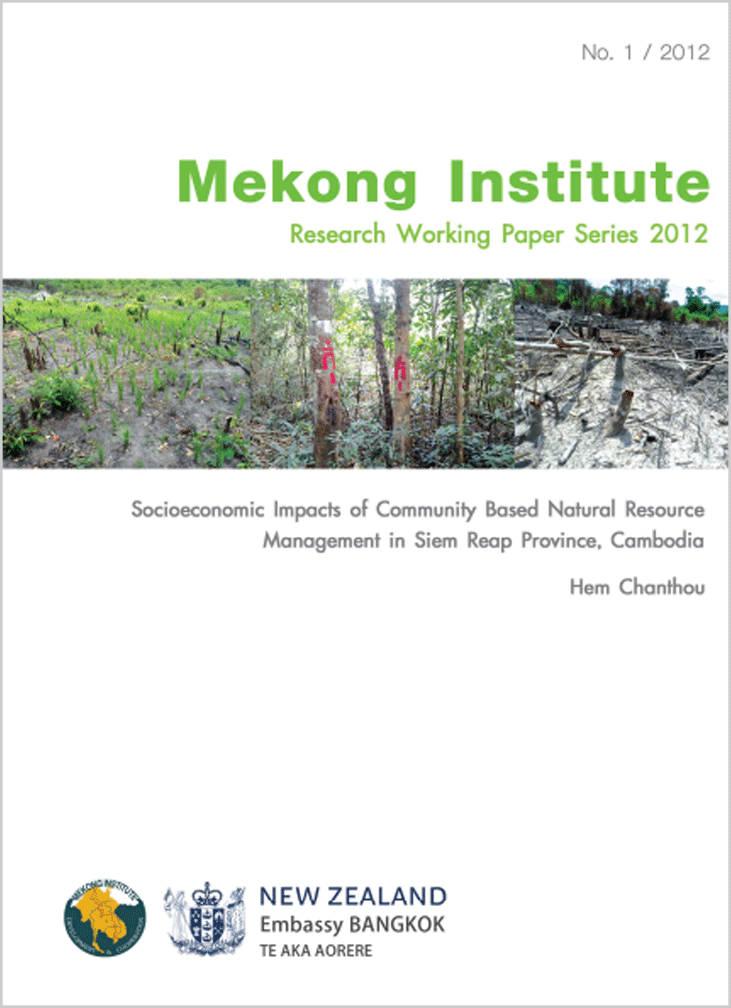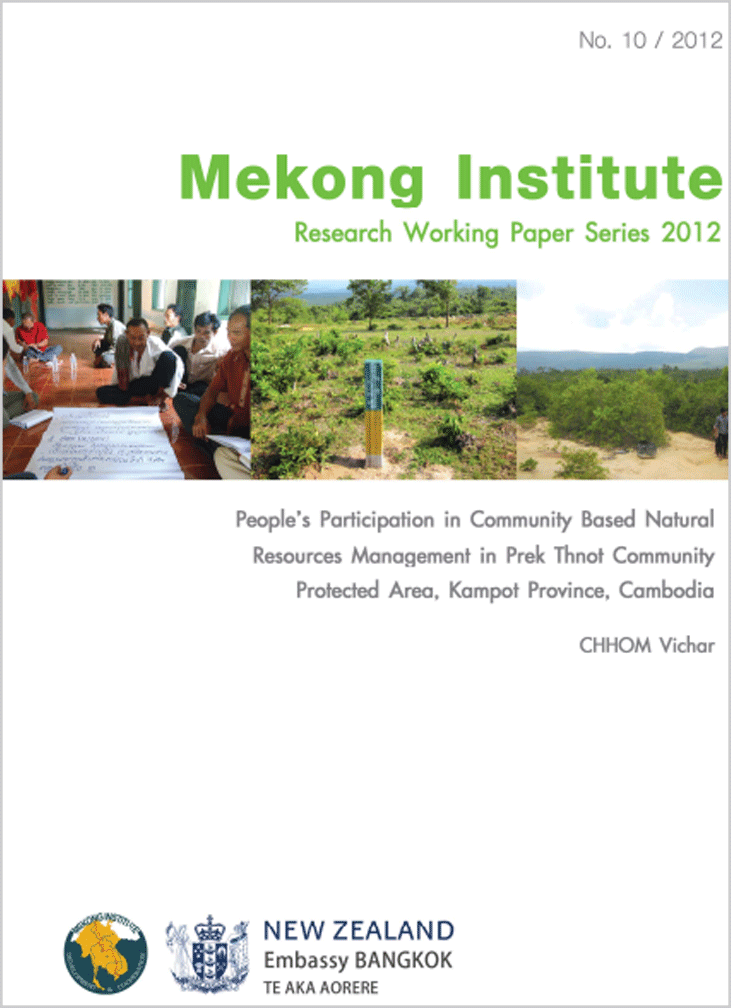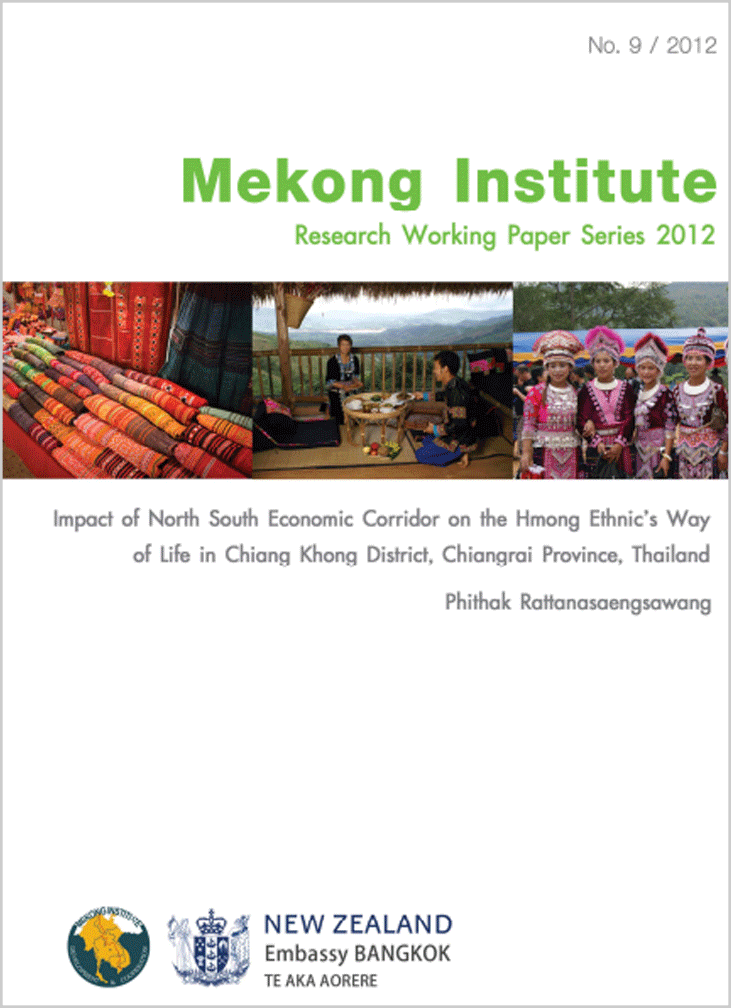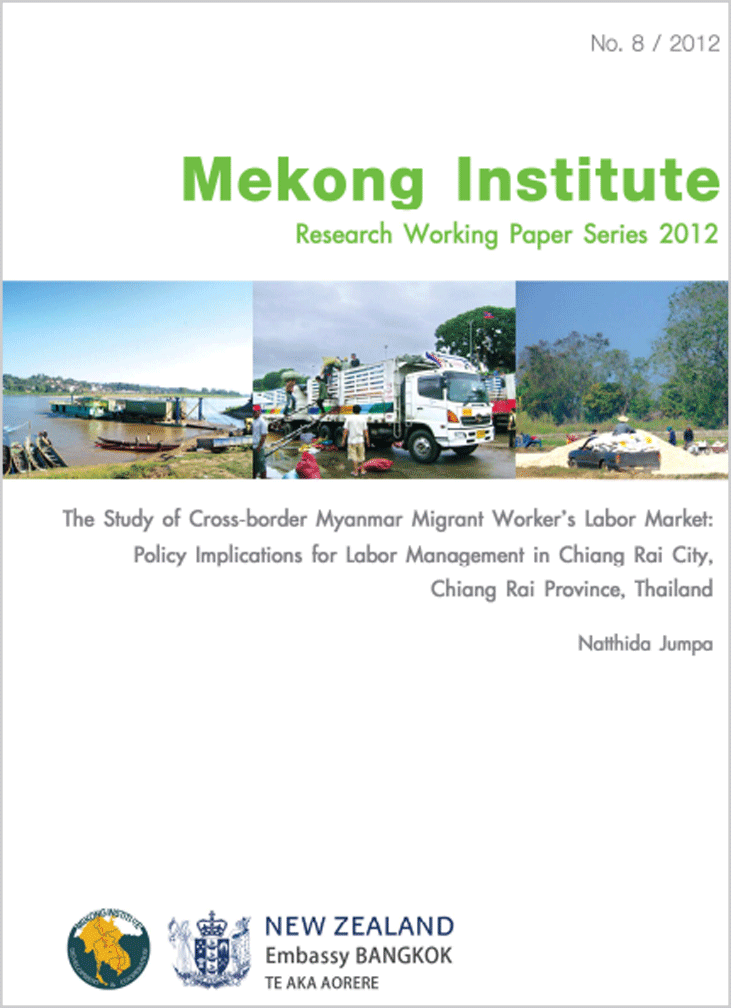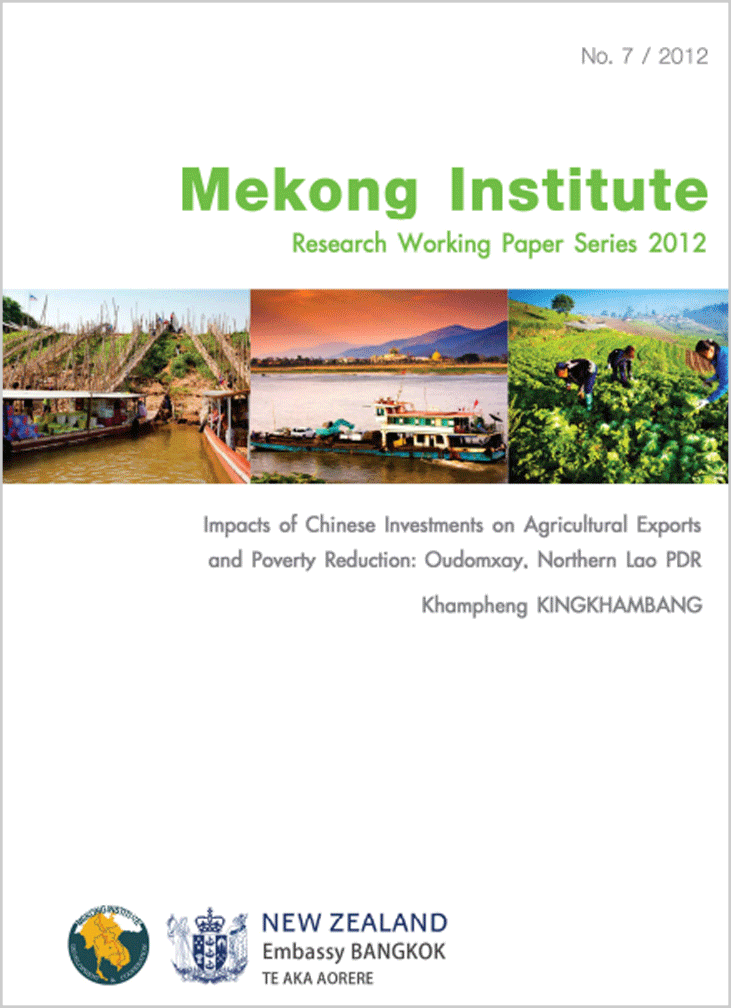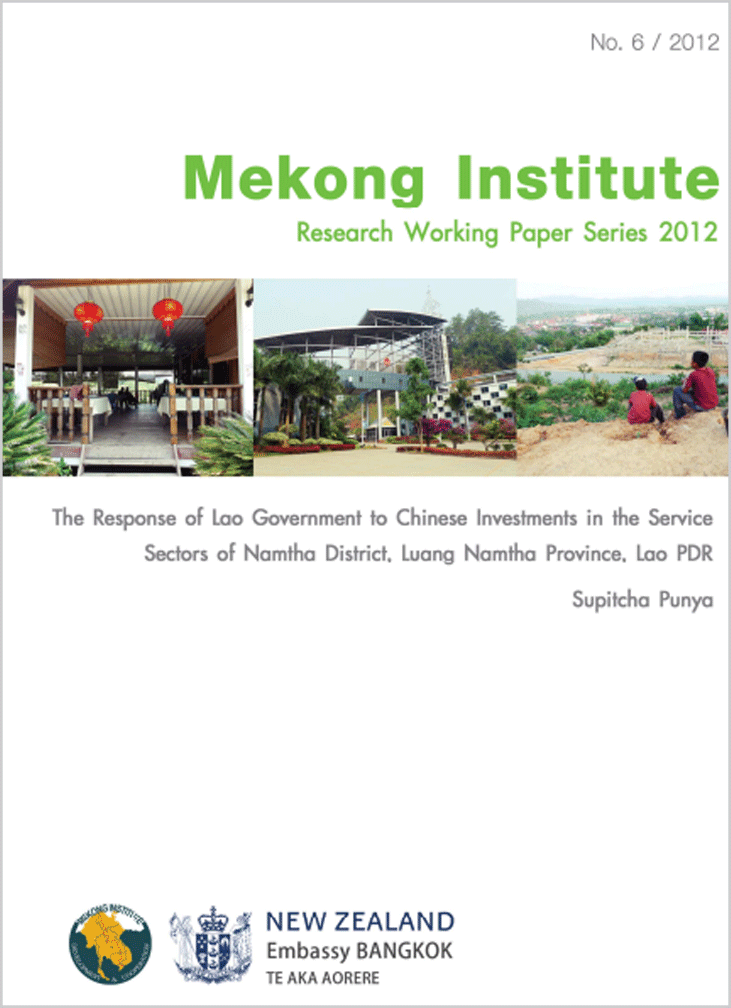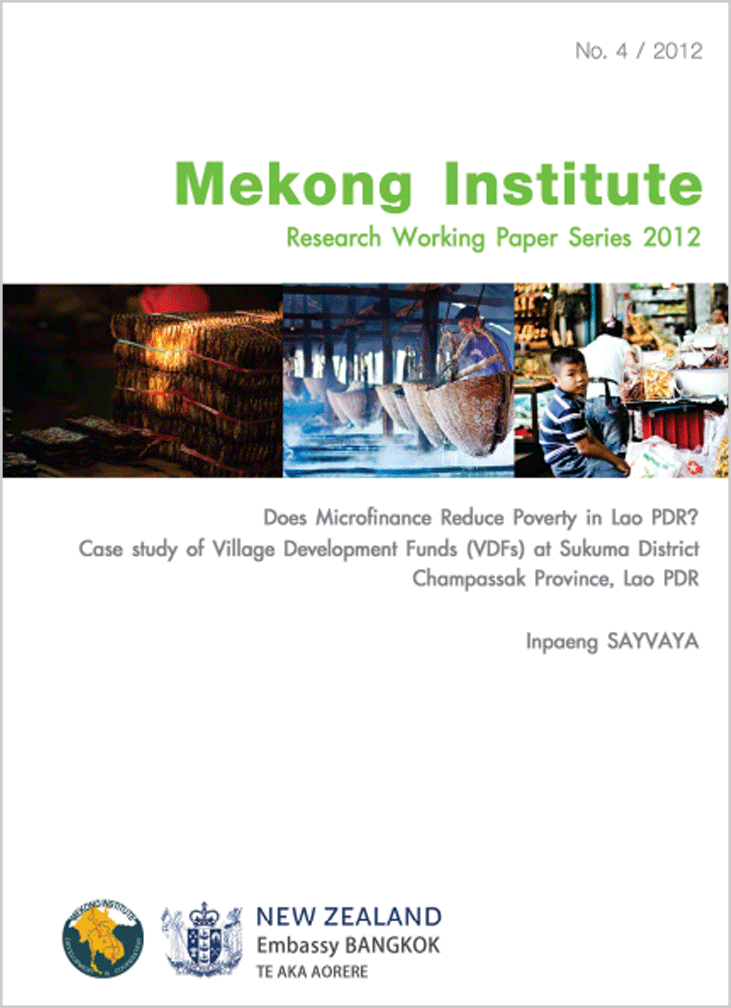SOCIOECONOMIC IMPACTS OF COMMUNITY BASED NATURAL RESOURCE MANAGEMENT IN SIEM REAP PROVINCE, CAMBODIA
Written by Mekong Institute Throughout the 1990s, the Cambodian forestry sector was in a state of crisis due to widespread illegal logging, corruption, ambiguous forest laws and concession agreements, and weak management and law enforcement. Until the late 1990s, responsibility for natural resource management (NRM) in Cambodia was vested in two line ministries: (i) Ministry …

